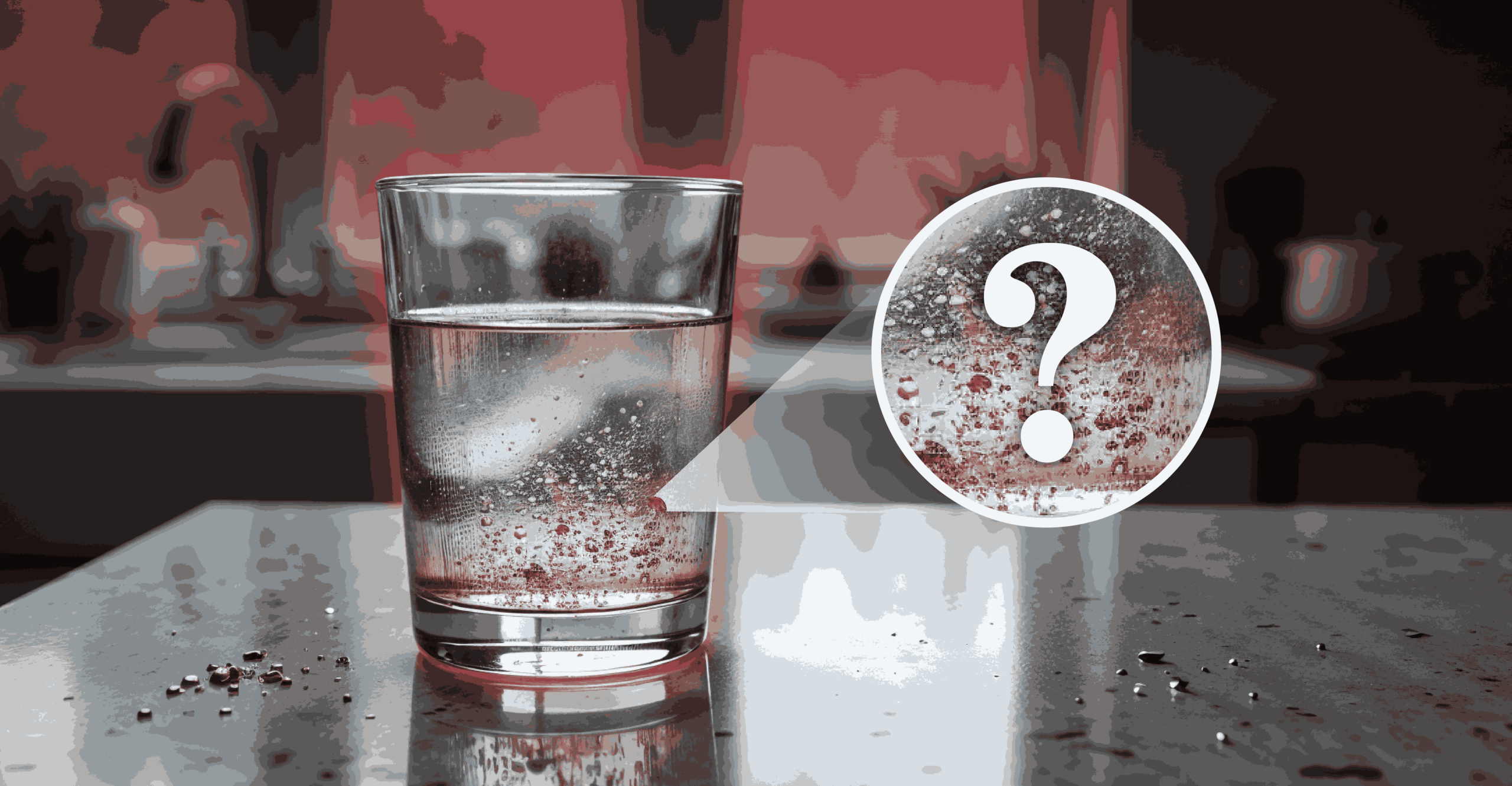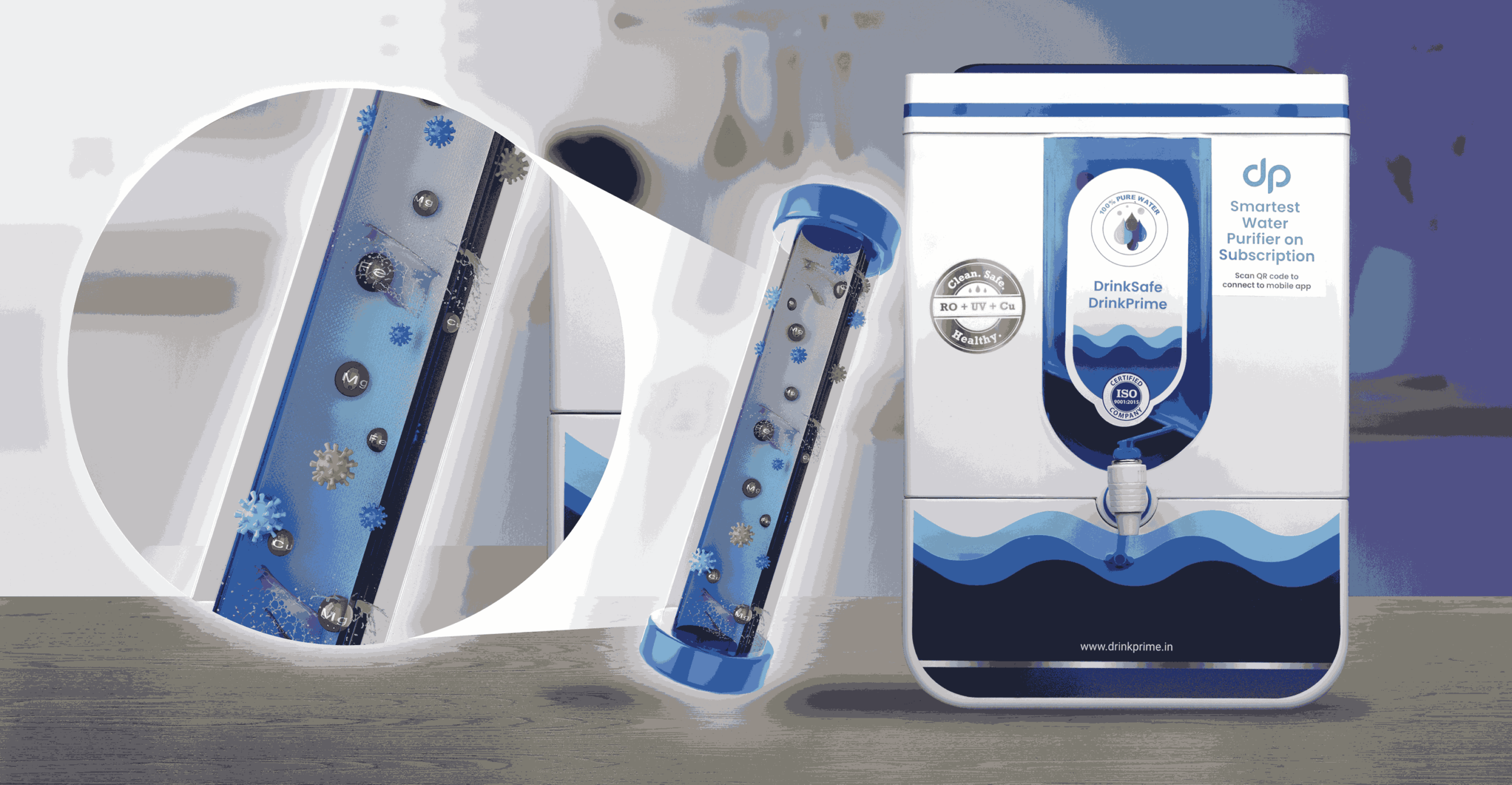Nowadays, access to safe and clean drinking water is fundamental to health and well-being, but so many millions of people in India face challenges in making sure that the water they consume is free from harmful contaminants. So, to safeguard public health, various standards have been set in place by the government and health organisations.
In this blog, we will explore the Indian Standards for safe drinking water and explore their importance in ensuring safe and clean drinking water for all, and also we will see what is the best drinking water filter.
The Importance of Safe Drinking Water
Water is important for life, but unsafe water can effectively lead to a range of health problems, from gastrointestinal issues to more severe diseases like cholera, dysentery, and typhoid. In India, water contamination is a major challenge, and due to industrialisation, urbanisation, and poor waste management. Majorly contaminants like bacteria, viruses, and industrial chemicals often pollute both groundwater sources.
So, to highlight this concern, the Bureau of Indian Standards or BIS has set certain guidelines and standards that are followed nationwide to make sure the safety and potability of drinking water. Such standards are based on scientific research and the need to protect public health from waterborne diseases.
Indian Standards for Safe Drinking Water
One interesting fact about the Indian Standard was that it was originally published in 1983. This standard was prepared by the World Health Organization in cooperation with the World Bank, and also the report suggests that 1230 million people were without safe water supplies.
In India, the standard for drinking water quality is primarily governed by IS 10500:2012, which is a set of guidelines that are developed by the BSI or Bureau of Indian Standards. Additionally, this standard defines the acceptable limits for various chemicals, physical, and microbiological parameters that must be met to ensure water is safe for consumption.
Key Parameters of Indian Standards for Safe Drinking Water
Physical Parameters
Physical parameters affect the sensory characteristics of water, like taste, color, and odor. While they do not necessarily indicate the toxicity, they can overall affect the acceptability of water for consumption. It includes turbidity, colour, odour, and taste of the water.
Chemical Parameters
Chemical contamination can have a long-term impact on health. Indian Standards can set permissible limits for several chemical parameters to make sure that drinking water does not pose a risk to human health.
Microbiological Parameters
Microbial contamination is one of the most dangerous forms of water contamination that effectively leads to diseases like cholera, dysentery, and typhoid. So, Indian Standards projects the microbiological parameters to make sure water is safe for consumption.
The Role of DrinkPrime in Ensuring Water Safety
Most of the companies like DrinkPrime are revolutionising access to clean drinking water via technology-driven solutions. Additionally, by providing smart drinking water purifiers for home on a subscription basis, DrinkPrime ensures regular monitoring, filter replacement, and quality checks, hence adhering to BIS standards. Additionally, DrinkPrime’s commitment to offering affordable and reliable water purification solutions empowers households to take charge of their water quality, hence bridging the gap where infrastructure falls short.
Get 7 Days Risk Free Trial
Conclusion
In summary, understanding and adhering to Indian standards for safe drinking water is important for protecting public health. Additionally, from government agencies and municipalities to individuals and private companies, making sure water safety requires a collective effort. Also, by being aware of water quality standards and choosing an effective solution like DrinkPrime, which is considered the best drinking water purifier, that ensures clean, safe, and reliable drinking water for all.




